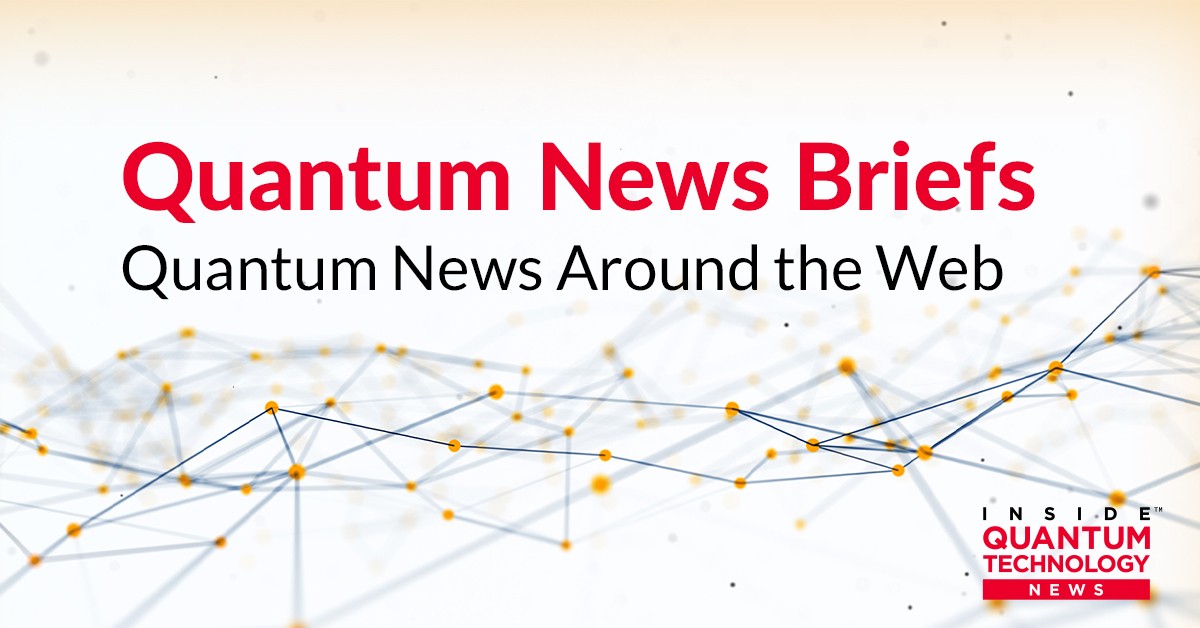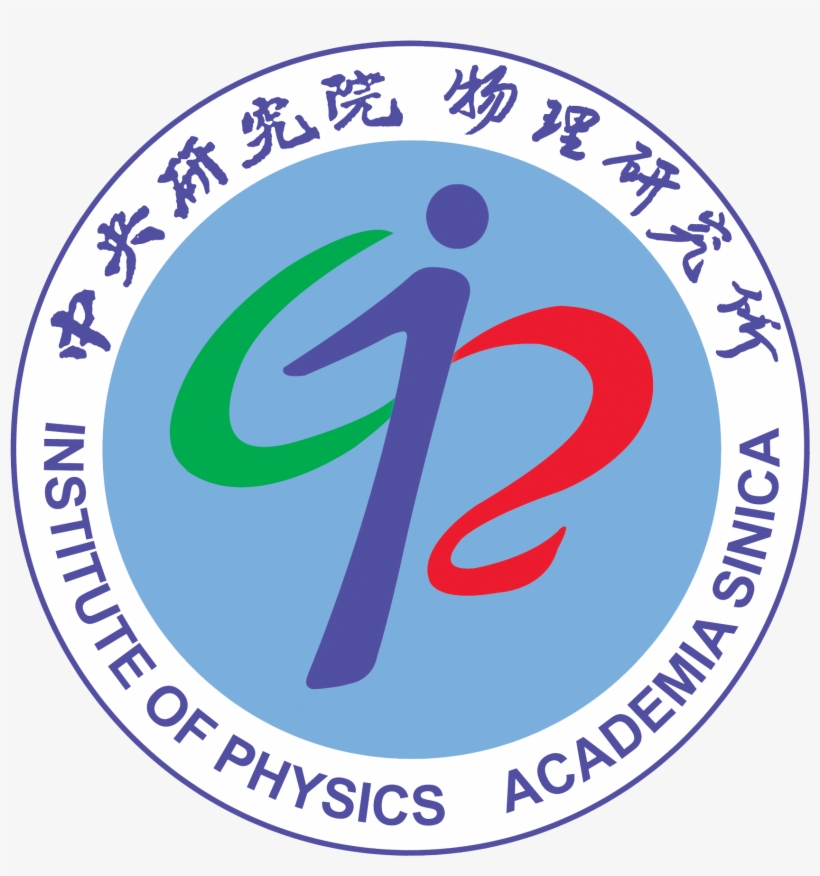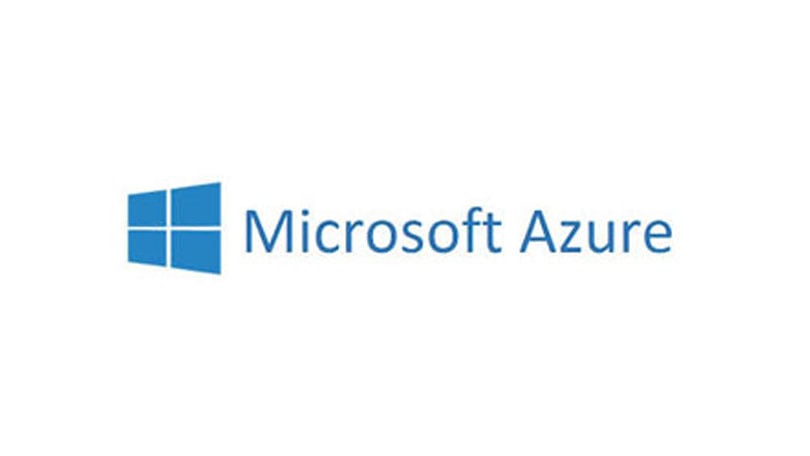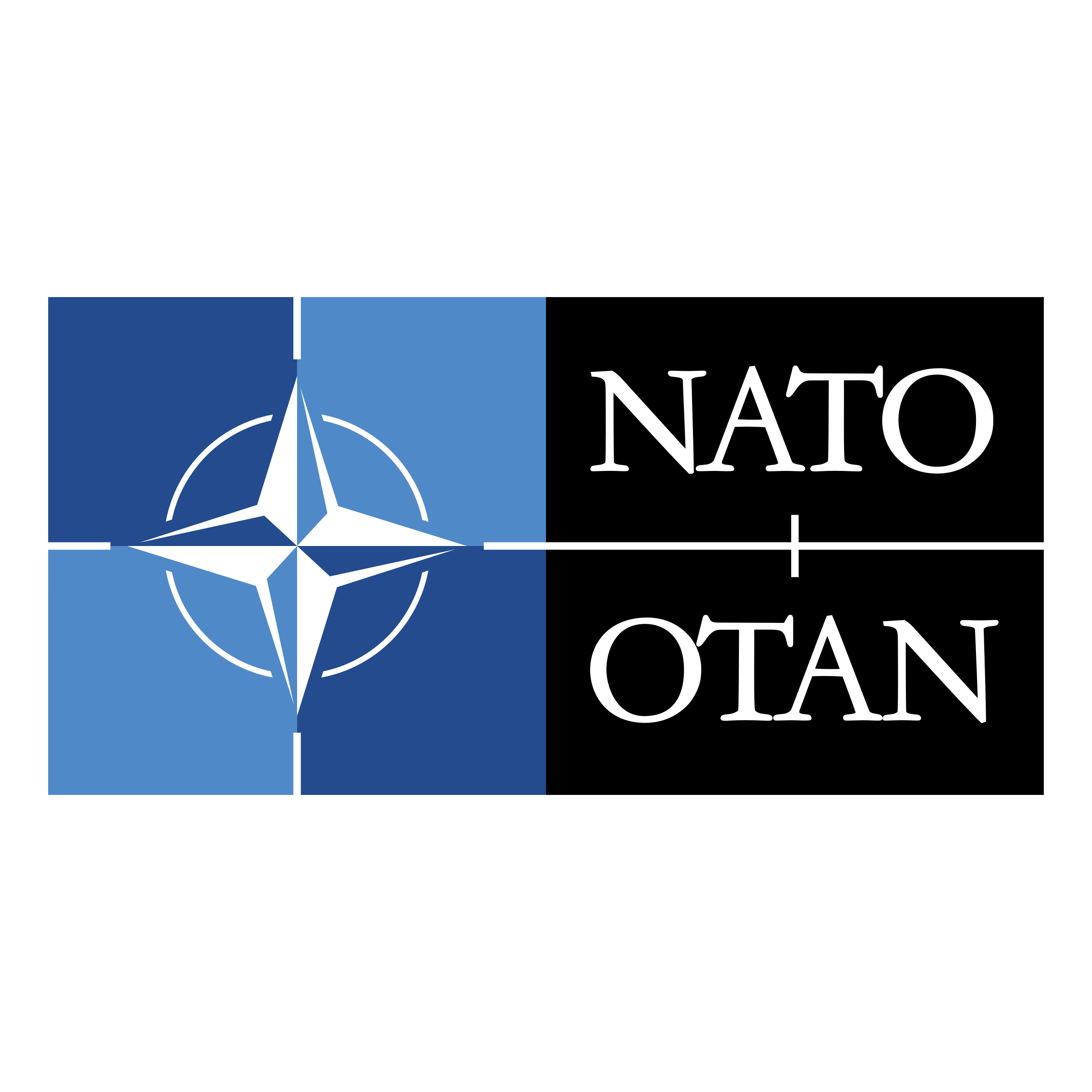
By Kenna Hughes-Castleberry posted 22 Jan 2024
Quantum News Briefs: January 22, 2024:
Academia Sinica Institute of Physics Launches Quantum computer with 5-qubit chips

Recently, Academia Sinica, Taiwan’s premier research institution, made a significant advancement in quantum computing by unveiling a new quantum computer equipped with a 5-qubit chip. This device, now connected to the Internet, is set to boost scientific research within the institution and its partners. The launch marks a key achievement in Taiwan’s ongoing quantum computing research and development, surpassing the Ministry of Science and Technology’s goal of developing 3-qubit chips by early last year. The computer boasts a remarkable 99.9 percent fidelity rate in its logic gate, highlighting the advanced state of the technology. However, Academia Sinica acknowledges that there’s still a considerable journey ahead before quantum computing finds practical commercial or personal applications. The 5-qubit computer will serve as a test bed for further research in quantum computing, ultra-low temperature CMOS, and operational amplifier technologies. Academia Sinica’s President, James Liao, praised the Taiwanese research team’s performance, which has consistently exceeded expectations with limited resources compared to international counterparts. The institute aims to pave the way for the nation’s private sector in quantum technology, emphasizing the need for sustained investment in talent and education. This project is a collaborative effort involving several prestigious universities and research institutions from Taiwan and the United States.
QuantERA initiative announces the 24 winners from the 2023 call for proposals to fund quantum technology research
![]()
The QuantERA network, a leading European consortium in quantum technology (QT) research, announced the winners of its 2023 research proposal call, selecting 24 projects from a pool of 101 submissions. These projects, involving 122 international teams, will receive over EUR 29 million in funding to explore groundbreaking ideas in QT. This initiative is part of the QuantERA II project, which continues the work of its predecessor, QuantERA I, and reflects the growing demand for collaborative and funded research in the highly interdisciplinary QT field. The chosen projects, spanning quantum communication, computation, information sciences, and metrology sensing and imaging, focus on two main areas: Quantum Phenomena and Resources (QPR) and Applied Quantum Science (AQS). QPR aims to lay the foundations for future QT developments, while AQS seeks to transform quantum effects and concepts into practical technological applications and products. The QuantERA programme emphasizes the importance of collaborative research across borders and disciplines, with the selected projects being coordinated by institutions from various European countries and funded by organizations across the continent. This initiative demonstrates the vast potential of QT in fostering innovative research and developing new technological applications, further highlighted at the Conference on Quantum Technologies in Europe held in Madrid in November 2023. The QuantERA II project is set to conclude in 2026.
Microsoft Announces v1.0 of the Azure Quantum Development Kit

Microsoft has announced the 1.0 release of the Azure Quantum Development Kit (QDK), a significant rewrite emphasizing speed, simplicity, and an enhanced user experience. This update introduces features like a full-featured browser experience, simplified installation, a performance boost of 100x, comprehensive code editing features, a debugger, and powerful resource estimation tools. Users can experiment with quantum algorithms easily through a browser-based VS Code without installing anything on their local machines. The QDK extension for VS Code, available on the VS Code Extension Marketplace, is lightweight and installs quickly. This release focuses on enhancing the quantum programming experience with features like IntelliSense, quantum simulation, debugging, and integration with the Azure Quantum service. The QDK also includes capabilities for resource estimation, crucial for quantum computing development in the current “Noisy Intermediate Scale Quantum” era. Additionally, the QDK supports Python and Jupyter Notebooks, facilitating work in the quantum space. Microsoft describes this release as the ‘Modern QDK,’ differentiating it from the previous ‘Classic QDK,’ and invites user feedback for future improvements via their GitHub issue tracker.
A Review of NATO’s Recent Quantum Technologies Strategy

NATO has released a comprehensive strategy to prepare its member nations for the advancements in quantum technologies (QT), encompassing quantum computing, sensing, imaging, communications, and more. The strategy highlights the dual nature of these advancements, which could significantly impact economies, security, and defense, offering strategic advantages but also posing risks if competitors gain the lead. To address these challenges, NATO plans to establish a transatlantic forum for quantum technologies in defense and security and aims to collaborate with the broader quantum ecosystem. This cooperation is vital for maintaining strategic superiority and bridging the skills gap. From a cybersecurity perspective, quantum technologies could both strengthen defense mechanisms and pose new threats, as powerful quantum computers might break current cryptographic protocols. NATO’s strategy involves identifying promising military and dual-use quantum applications, developing interoperable frameworks and policies, and ensuring a continuous update of quantum strategies and action plans. The alliance emphasizes the responsible development of these technologies, considering data privacy, international norms, and sustainability. The overarching goal is to foster a quantum-ready alliance, prepared to leverage quantum technologies for defense and security while protecting against potential adversarial uses.
Photonic quantum computing to become a reality
Scientists at Paderborn University, in collaboration with international partners, are embarking on the ambitious ‘EPIQUE’ project (European Photonic Quantum Computer) to develop a photonic quantum computer by 2026. Funded with around 10.3 million euros by the European Commission, this project involves 18 partners known for their significant contributions to quantum technology. The focus of EPIQUE is on photonics, the manipulation of light and photons, to create light-based hardware for quantum computing. This approach offers advantages like low decoherence and the potential for distributed quantum computing. However, challenges in scalability have limited previous developments in this area. Paderborn University’s Institute for Photonic Quantum Systems (PhoQS) is working on scalable methods for controlling quantum systems, which is crucial for the next generation of quantum computers. The project aims to establish a universal quantum computing platform, leveraging Europe’s leading position in integrated optical quantum computing. It involves experts from academia and small and medium-sized enterprises (SMEs), focusing on nanofabrication for quick, low-loss switching, improved quantum light sources, detectors, new interfaces, and modular chips. EPIQUE is part of the EU’s Quantum Flagship programme, one of the EU’s largest research initiatives, uniting research institutions, universities, industry, and policymakers in a ten-year, billion-euro effort to advance quantum technology.
In Other News: The Conversation article: “Could quantum physics be the key that unlocks the secrets of human behaviour?”
![]()
Scientists are exploring the intriguing possibility that human behavior and cognition might be better explained by quantum probability rather than classical probability, highlights a recent The Conversation article. This hypothesis stems from observations that human decisions and reactions often defy the predictions of classical probability, which is the mathematical framework used to assess the likelihood of events. For example, in situations where classical probability would predict a certain behavior, humans often choose differently, suggesting a more complex underlying process. This has led to the development of “quantum cognition” as a field within cognitive sciences, exploring the idea that human thought processes might align more closely with the probabilistic rules of quantum mechanics, rather than classical ones. Researchers have found that quantum mathematical models can effectively simulate how humans process imperfect information, suggesting a potential quantum basis for cognitive processes. This concept extends beyond the human brain, with studies indicating that plants and other organisms might also process information with a quantum-like efficiency. This emerging perspective has significant implications for artificial intelligence (AI), proposing that to mimic human-like behavior and processing, AI systems might need to operate on quantum rather than classical principles, a concept referred to as artificial quantum intelligence (AQI). This shift could lead to more human-like AI systems, but much research is needed to develop practical applications from this theory.
In Other News: Investor Place article: “Why IONQ Is Not a Stock to Buy (Yet)”
![]()
IonQ (NASDAQ: IONQ) is at the forefront of integrating quantum physics into computing, aiming to revolutionize complex calculations, a recent InvestorPlace article states. Despite the high potential of quantum computing, the technology is still in its early stages, with conventional computers often outperforming in problem-solving. As a result, IonQ’s stock has experienced significant volatility, reflecting the nascent state of the quantum computing market. After a 259% surge in 2023, IONQ stock has since declined by 13% year-to-date and is 50% below its 52-week high. The practical applications of quantum computing are still limited, with challenges in hardware and technology reliability. IonQ offers access to its quantum computers via cloud platforms from Amazon, Microsoft, and Alphabet’s Google, but with less than $16 million in revenue year-to-date, the market remains small and limited. Issues like qubit error due to environmental disturbances (decoherence) are ongoing challenges. IonQ is developing error mitigation strategies to overcome these issues, aiming to reach a stage where quantum computers can outperform regular computers. However, until significant breakthroughs occur, IonQ’s stock is expected to remain volatile, and investors are advised to be cautious.
Kenna Hughes-Castleberry is the Managing Editor at Inside Quantum Technology and the Science Communicator at JILA (a partnership between the University of Colorado Boulder and NIST). Her writing beats include deep tech, quantum computing, and AI. Her work has been featured in Scientific American, Discover Magazine, New Scientist, Ars Technica, and more.
- SEO Powered Content & PR Distribution. Get Amplified Today.
- PlatoData.Network Vertical Generative Ai. Empower Yourself. Access Here.
- PlatoAiStream. Web3 Intelligence. Knowledge Amplified. Access Here.
- PlatoESG. Carbon, CleanTech, Energy, Environment, Solar, Waste Management. Access Here.
- PlatoHealth. Biotech and Clinical Trials Intelligence. Access Here.
- Source: https://www.insidequantumtechnology.com/news-archive/quantum-news-briefs-january-22-2024-academia-sinica-institute-of-physics-launches-quantum-computer-with-5-qubit-chips-quantera-initiative-announces-the-24-winners-from-the-2023-call-for-proposals/



